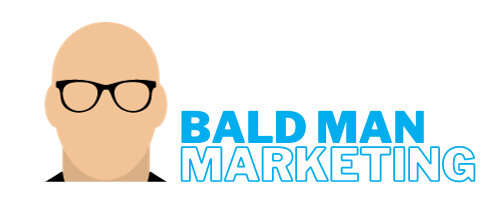Understanding Digital Marketing Terms: A Guide for Business Owners
In the dynamic world of digital marketing, understanding the jargon is crucial for any business owner collaborating with a marketing agency. Here, I’ll demystify 15 key digital marketing terms that will help you navigate your partnership with an agency and better understand the strategies being implemented for your business’s success.
1. A/B Testing
Also known as split testing, A/B testing involves comparing two versions of digital content to see which performs better. This technique is vital for optimizing everything from your website’s landing pages to email campaign subject lines, enhancing the effectiveness of your marketing efforts.
2. Affiliate Marketing
This is a performance-based marketing strategy where external partners (affiliates) are rewarded for directing traffic or sales to your business. Affiliate marketing is a cost-effective way to expand your reach and is particularly effective for lifestyle and personal websites.
3. Brand Positioning
This term refers to the process of creating a unique image of your brand in the customer’s mind. It involves differentiating your brand from competitors through your tone, visual design, and overall messaging. Effective brand positioning clarifies your brand’s identity and can drive sales.
4. Conversion Rate
The conversion rate is the percentage of visitors to your website or landing page that complete a desired action, such as making a purchase or signing up for a newsletter. It’s a crucial metric for understanding the effectiveness of your website and marketing campaigns.
5. SEO (Search Engine Optimization)
SEO involves optimizing your website to rank higher in search engine results, thereby increasing organic (non-paid) traffic. This includes keyword research, content creation, and improving website structure and performance.
6. PPC (Pay-Per-Click)
This is an online advertising model in which advertisers pay a fee each time one of their ads is clicked. It’s a way of buying visits to your site, rather than attempting to “earn” those visits organically, often used in search engine advertising.
7. CTR (Click-Through Rate)
CTR measures the percentage of people who click on a link or ad after seeing it. It helps determine how well your keywords, ads, and free listings are performing.
8. CRM (Customer Relationship Management)
CRM systems help manage your company’s interactions with current and potential customers. It uses data analysis about customers’ history with the company to improve business relationships, focusing on customer retention, and driving sales growth.
9. Content Marketing
This strategic marketing approach focuses on creating and distributing valuable, relevant, and consistent content to attract and retain a clearly defined audience, ultimately driving profitable customer action.
10. Analytics
Analytics in digital marketing refers to the tools and platforms used to analyze the performance of marketing campaigns and websites, providing insights into customer behavior, campaign performance, and overall marketing effectiveness.
11. Influencer Marketing
This form of marketing involves endorsing products or services through influencers or people who have a purported expert level of knowledge or social influence in their field.
12. KPI (Key Performance Indicator)
KPIs are measurable values that demonstrate how effectively a company is achieving key business objectives. In digital marketing, KPIs are used to measure the success of marketing campaigns against predefined targets.
13. User Experience (UX)
User experience is all about how people interact with your website. It’s critical for SEO and ensuring your site visitors have a positive experience, which can influence their likelihood of conversion.
14. Bounce Rate
The bounce rate is the percentage of visitors who navigate away from the site after viewing only one page. A high bounce rate could suggest that your website is not engaging or relevant to visitors.
15. Call to Action (CTA)
A CTA is a prompt on a website that tells the user to take some specified action, such as “Subscribe Now” or “Call Today.” A strong CTA can lead to increased customer engagement and higher conversion rates.
Understanding these digital marketing terms is essential when working with a marketing agency. They are the foundation of strategies and discussions that will shape your business’s online presence.
for even more terms, visit this website






